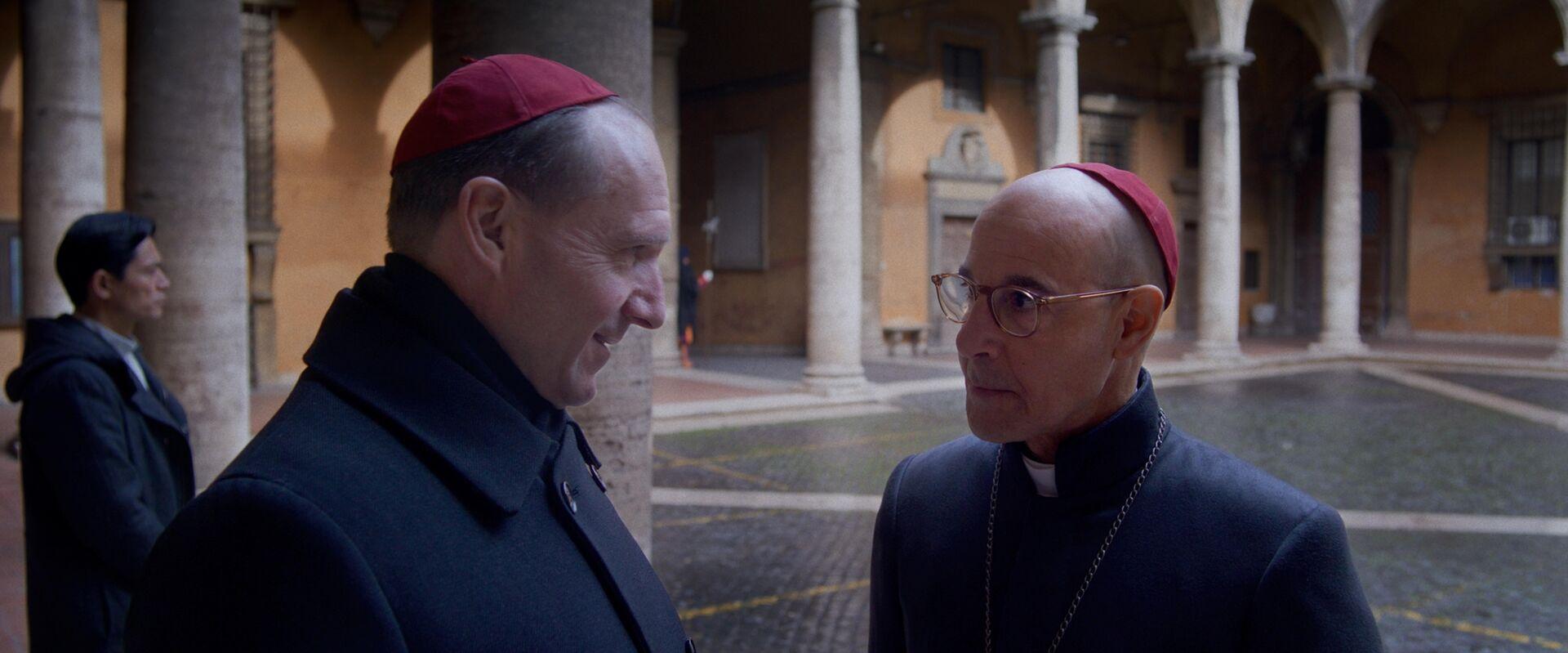As a movie about a power-hungry upperclass that overreaches and is undone by its own desire to rule, I think it's a fine movie. I like the juxtaposition of jazz music and the sort of 1980's-lived-in-science-fiction world, though by 2001, when the movie came out, I think that we were probably getting a little weary of this sort of grimy sci-fi world, having lived through Star Wars, Aliens, Blade Runner, Akira, and Ghost in the Shell. That's a minor quibble, though—overall, things here were just fine.
I did think that the movie failed on a couple of fronts. And I think that these failures depend on taking the movie seriously, and trying to reason with its script; though it's not clear to me that it wants to be thatkind of movie. Maybe it's just a weirdly violent kids' movie.
But, assuming that it's a movie for critical-eyed adults, here's what I wasn't crazy about:
The value of a robot
The first 20 minutes of the movie seem to delivery a pretty clear message: society is propped-up by an underclass of human labour, and that under-class is being slowly replaced by an even-lower class of robots, whom humans treat like garbage despite the fact that they show emotion, desire, and fear. We're meant to sympathise with the robot plight.
We're also introduced to a set of revolutionaries planning a coup d'etat to overthrow the ruling class. It would make sense, then, for those revolutionaries to team up with the robots and dismantle the class hierarchy. We could get a nice exploration of how class structures dehumanise the poor or some message about how, when society reduces humans to their utility, they're no more than robots. Okay, that's fine.
But then the revolutionaries also seem to hate the robots: they resent the way that robots have taken their jobs and opportunities. The coup d'etat goes ahead anyway, and a leader of the revolutionaries tells a robot that Human Lives Matter, and then he blows the head off the robot and the revolutionaries go and causes some havoc (before the coup d'etat fails off-screen).
The film itself doesn't treat robots any better, either. Despite trying to pull some heartstrings with cute robots cut down for no reason, the movie treats robots as effectively disposable whenever the audience deserves fome chaos. Of all of the on-screen deaths, some 80% are robots. We're treated to gratuitous scenes of robot gore—bolts and springs bouncing everywhere, oil leaking from burst eye sockets—but nary a drop of blood anywhere (except for Rock, just pre-death; he and Duke Red (the villains) both die offscreen).
The pacing
The movie is also cut and paced very strangely. We get a couple of weird Looney Tunes-esque scene transitions, where a black mask sort of closes in one one part of the frame—but I'm not too bothered by this, since it happens pretty rarely.
What bothers me more is the way that some scenes start. The endings are always generally right, ending on a poignant image or a significant line; but sometimes the scene starts in such a way that I thought I might have missed the actual beginning.
Within scenes, as well, we're treated to extremely sudden and graphic violence apropos of nothing—which violence then ends as abruptly as it began. Maybe there was a point to this: maybe we're meant to understand that this sort of violence is commonplace, that dwellers in Metropolis are inured to this sort of thing; a lot of these brief scenes of intense violence are also rife with passers-by who cry out in alarm but otherwise seem unfazed. In one scene, anti-robot violence is actually committed by passers-by; but at this point in the movie we're deep in the seamy underbelly of Metropolis so I guess this is meant to be forgiven. The robot is treated basically as a casualty of storytelling, and then the two characters that come upon the mangled wreck are treated to some exposition and then run away in search of more story, as quickly as they can.
The overall pacing is also a little weird. For example: from Kenichi and Tima meeting the revolutionaries, to planning the revolution, to the coup d'etat itself, to the quelling of the coup with the second coup, takes about 13 minutes. Whereas the whole scene in the Lego throne room is also about 13 minutes long, and covers significantly less ground, bogging down the film right before the climax.
This isn't the only instance of this sort of thing. Early on, we follow Bun, Kenichi, and Pero (the robot) through the layers of Metropolis for expository purposes, for five minutes or so. Then we cut away for story to move the plot along (the explosion in Doctor Laughton's lab) before cutting back to Bun and Pero for some more exposition (about the Malduks). It's not totally out of place—we need the background to understand the story—but I sort of wish that the movie showed us more instead of just telling.
Overall, though
I think it's a worthy watch in the genre of gritty-sci-fi-anime. I'd have liked it to make some commentary on the nature of power, or on the border between humanity and robotics—even if it was just rehashing Ghost in the Shell. I'd have liked to come away going, "Huh."
But as a romp through an ugly, grimy, but ultimately attractive world—and especially if you know what you're getting yourself into vis-a-vis the anime angle—it's a goodun.
Stray observations
- They make a point of telling us that robots aren't allowed to be called by human names, but then they introduce us to a class of robot called Albert II.
- Duke Red looks like Ocarina-of-Time-era Ganondorf.



